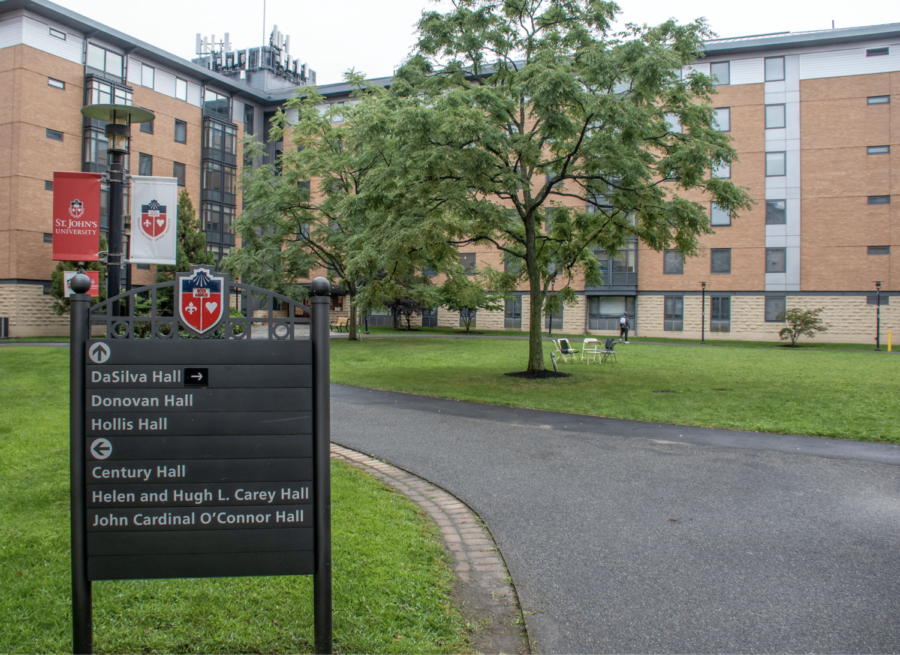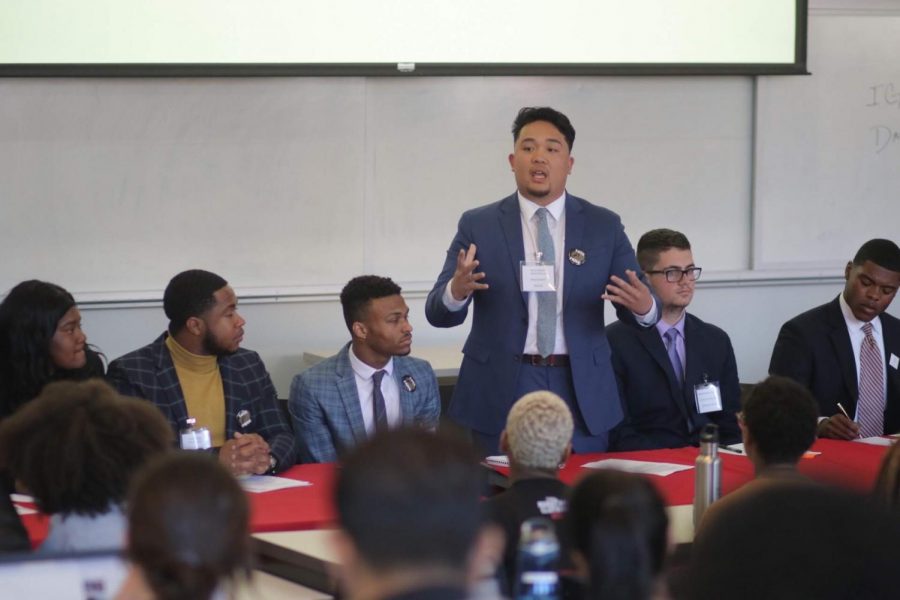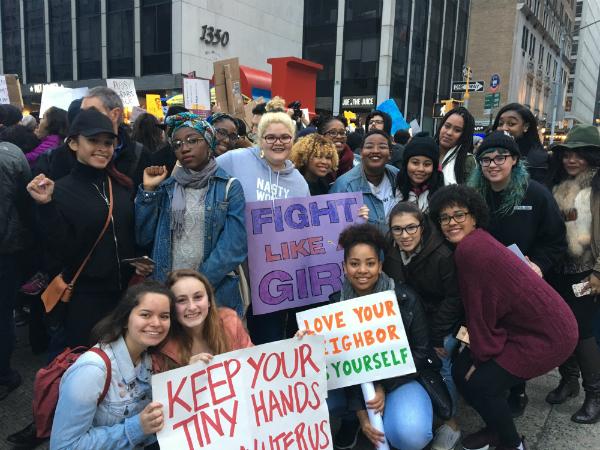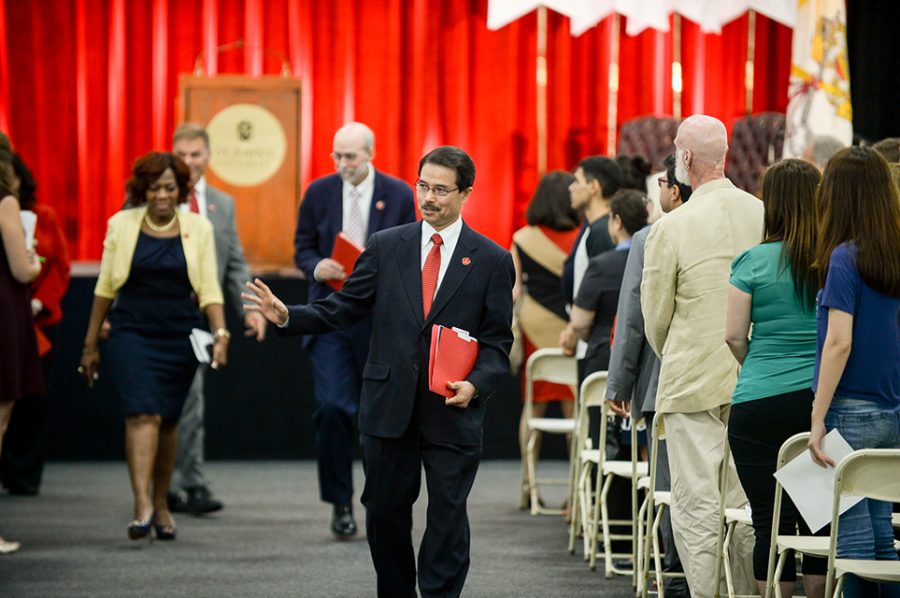The University hosted its fifth annual Clothesline Project to help raise awareness of the issue of sexual violence toward women and children.
Throughout the week of April 16-20, T-shirts were displayed throughout campus showing messages of encouragement to victims of sexual violence. Several lectures and events were also held throughout the week that addressed many of the causes of sexual violence.
The project is part of a national movement that was started in 1990 in Cape Cod, Mass.
The women who started the project displayed their messages of encouragement to victims of sexual violence, and in some cases told their own stories.
The first Clothesline Project had a little more than 30 shirts displayed on a clothesline.
Today, more than 500 organizations take part in the movement, with more than 50,000 shirts hanging on clotheslines around the country and overseas.
Sociology Professor Judith Ryder brought the project to the University with a small number of students from her Women and Crime class.
Ryder said she assigned her students to bring in different speakers to come to campus and raise awareness of the issue.
“They were responsible for bringing in different organizations for the Next Steps Day so they got very involved and learned about the organizations,” she said.
“Some of them went out to the organizations and served as ambassadors to get the organization to come here on this day to talk about their services and to encourage students to volunteer for them.”
Ryder said that with support from the University, the project has since grown to become one of the biggest events on campus.
Margaret Cashin, from the Office of Community Relations, said the messages displayed by the shirts were both a positive and negative presence on campus.
“It’s a double-edged sword. It feels wonderful that the news is getting out, that we are doing something about domestic abuse, that people are becoming aware of it,” she said.
“The other is, it’s so sad to see so many of these shirts representing people that you may pass every day who are victims of domestic abuse and hide it because it’s so devastating to them, personally, to be a victim.”
Cashin believes the project has accomplished its goal of raising awareness to the student body.
“It has impacted our students a great deal and I just think it’s bringing awareness,” she said.
“Sometimes, it makes a difference just letting students know that you’re not in this alone, there are places you can reach out to and get an answer or you can get some assistance.”
A new student organization, Men Empowered Against Negativity (M.E.A.N.) was present throughout the duration of the project, taking part in many of the lectures and presentations and recruiting members.
Eric Sudler, facilitator of M.E.A.N. explained that the best way to show others that not all men are the bad guys is through time and examples.
“We’re hoping to show people that there are a lot of positive men on campus and then we’ll stand up and support women and whoever else needs support,” he said.
Ryder said that she supported having M.E.A.N. at the events and hoped that more men would join them in the future.
“I’d like to have more men involved in the Clothesline Project because I don’t want people thinking this is just a women’s thing,” she shared.
“I think it’s a really helpful and healthy way to bring men into the conversation.”
Cashin mentioned many of the services on campus that are available students who might need help, such as the Counseling Center, and encouraged them to use it if ever needed.
“Seek help even though it’s painful because it’s through that first step that you are going to be able to climb out of the situation that you’re in,” she said.
“You are a valuable person, despite the abuse that you’ve received from that individual.”
Ryder also said that students could get involved in helping out others, such as becoming a peer counselor.
Ryder expressed that student involvement is an important factor and encouraged it.
“Different people like to get involved in different ways so you need to find a way that works for you that you’re comfortable with,” she said.













